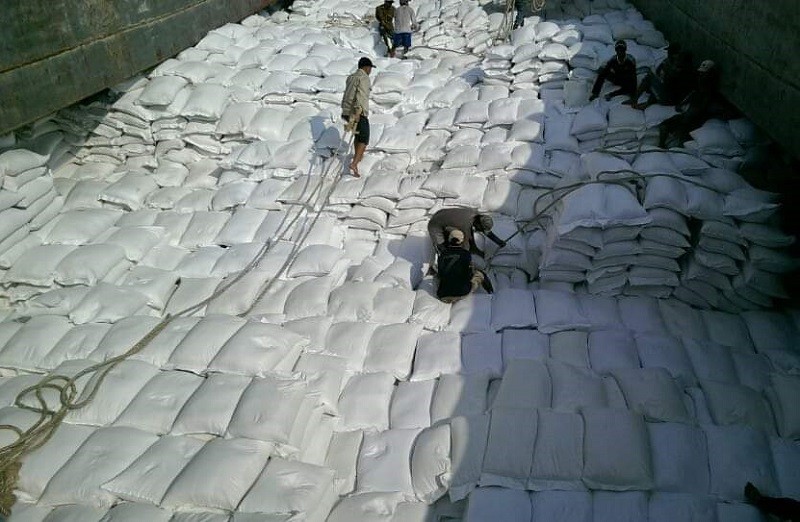The modest deterioration in asset quality that Fitch expects over 2023 will largely reflect the lagged effect of rate hikes in 2022.
The tightening of the regional interest rate cycle over 2022-2023 will weaken asset quality across most ASEAN banking systems, says Fitch Ratings. However, risks to bank credit profiles in 2023 should be mitigated by robust economic growth, adequate provisioning and the higher rates lifting net interest margins in most markets.
Rates are likely to rise further this year in all six key ASEAN banking markets, aggravating the impact. For most, economic growth is also set to slow as external headwinds mount, with only Thailand seeing faster expansion.
Nonetheless, inflationary pressure in Indonesia, Malaysia, Thailand and Vietnam has been more muted than in Europe or the US, reducing the need for dramatic monetary policy tightening. This, coupled with continued robust domestic demand growth prospects and resilient job markets, should help limit asset-quality pressure.
Loan provisioning appears commensurate with our expectations for asset-quality deterioration in most ASEAN markets, which should reduce the danger of an adverse effect on bank credit ratings.
Risks to banks’ standalone Viability Ratings could mount under Fitch’s downside scenarios, for example, if regional growth slows more sharply than we currently forecast or if inflationary pressure is greater or more persistent than we anticipate, prompting rate hikes beyond our baseline.
Such a scenario would increase downward pressure on house prices, and could weaken mortgage lending quality, particularly if it were to be accompanied by a weaker job market.
We believe banking systems in most cases have adequate loss-absorption buffers to weather downside shocks. However, capitalisation in Vietnam is thinner than in most other markets.



